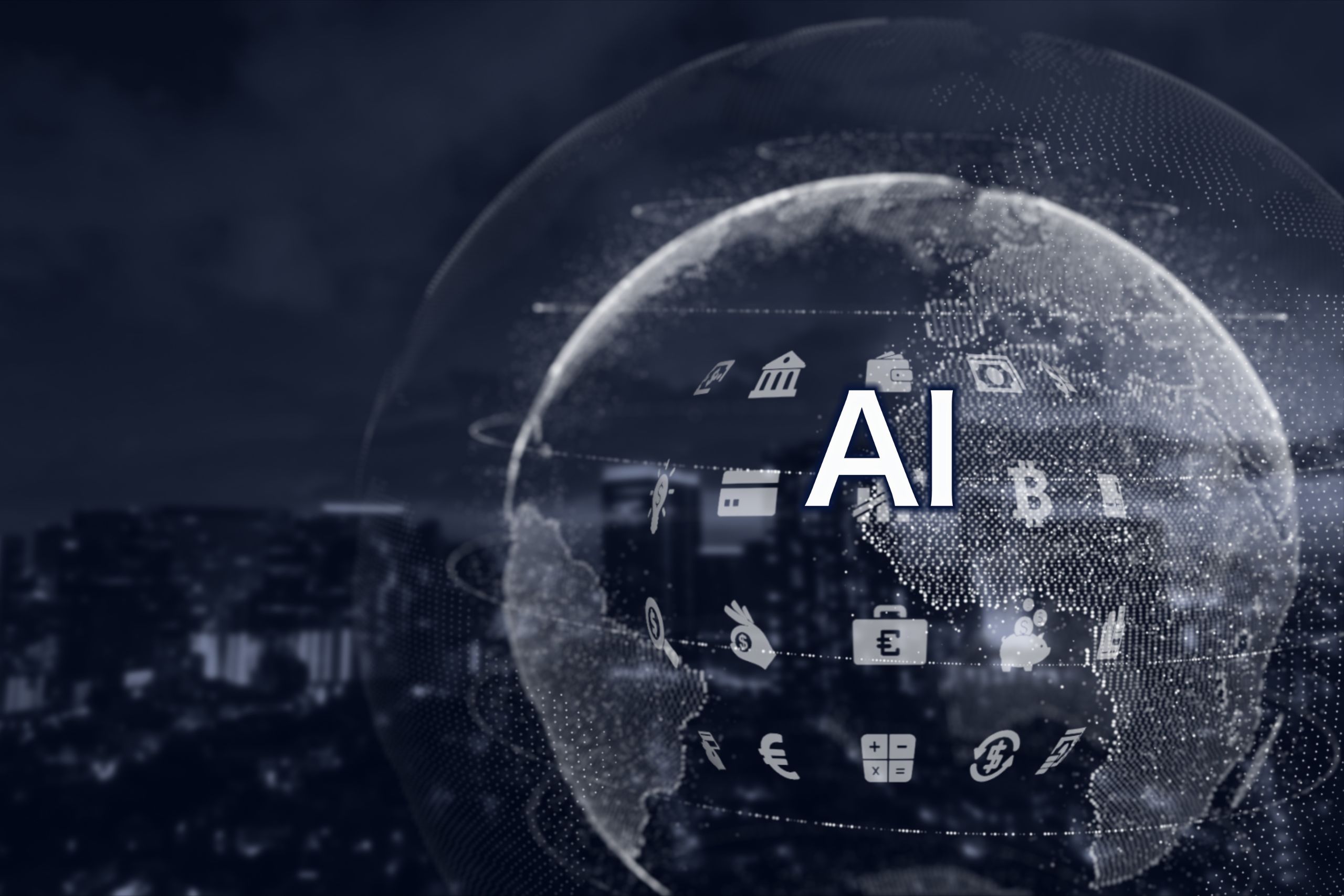Modern marketing mostly depends on artificial intelligence (AI), which is transforming strategies and creating new opportunities for businesses to communicate with their customers. Marketers may search vast amounts of data using artificial intelligence systems in order to get insight about consumer behaviour, preferences, and trends. Customised communications made possible by this data-driven approach and more targeted advertising aid to increase customer participation by itself. Companies may interact with consumers in real time by means of AI-powered solutions such chatbots, recommendation engines, and predictive analytics, thereby providing timely information and support that corresponds with specific needs.
Artificial intelligence simplifies processes, automates labour-intensive jobs, and improves campaign success thereby freeing marketing staff to concentrate on important operations. As artificial intelligence develops to ensure they stand out in a competitive market, companies need also explore unique content generation and delivery strategies. All things considered, artificial intelligence is not only a trend but also a basic technology that helps businesses create in the new digital environment more relevant, effective, and powerful marketing campaigns.
Individualising at Scale
By using data analytics and machine learning techniques, artificial intelligence helps businesses create highly customised content and experiences for big audiences. Analysing enormous volumes of consumer data, these technologies spot trends in preferences and behaviour. Effective audience segmentation made possible by this helps marketers to create tailored message that speaks to certain consumers.
Machine learning systems transcend customisation by real-time adaption to user inputs. They might look at factors such surfing history, participation rates, and buying trends to maximise content dissemination. This active approach ensures that the right person receives the right message at the right time.
Furthermore, AI-driven systems may automatically provide customised offers based on prior purchases or like customer profiles, therefore suggesting goods or services. This degree of customising improves customer experience as well as conversion rates as customers are more inclined to interact with material related to their interests.
By enabling marketers to massively personalise information, artificial intelligence helps them to create significant engagements that foster loyalty and income development.
Improved Study and Client Knowledge
Sophisticated data analysis allows artificial intelligence systems to provide businesses tools to more completely grasp customer preferences and behaviour. In large datasets, these machines identify trends and patterns that would be challenging for human perspective. Forecasts of future customer behaviour, or predictive analytics, let companies exactly adjust their marketing strategy in view of previous performance.
Sentiment analysis—which looks at consumer thoughts and comments put on social media, reviews, and polls—is another useful artificial intelligence-driven tool. This poll shows consumer attitude, which affects the development of fresh goods and improvement of customer service.
From initial contact to post-buy contacts, artificial intelligence is used in customer journey mapping to show the whole client experience. By means of touchpoint and interaction research, companies may identify areas requiring development, therefore ensuring a more tailored experience.
These AI-driven insights taken together help companies to not only predict consumer requirements but also build closer connections, hence promoting customer loyalty and raising profitability by means of which they allow. Improved knowledge thanks to sophisticated analytics helps companies to react in a competitive environment aggressively.
Automating Everyday Marketing Activities
AI greatly simplifies routine marketing chores such ad targeting, email marketing, and social media administration. AI algorithms may personalise content, segment consumers, and decide best send times for email marketing, hence improving engagement rates. AI solutions automate post scheduling, measure interaction data, and even create content in social media management, therefore enabling marketers to have a consistent online presence free from continual human input.
AI analyses enormous volumes of data to instantly optimise campaigns and provide customised ads to the correct audience, hence addressing ad targeting. This accuracy guarantees efficient use of resources, hence optimising return on investment.
Significant efficiency benefits resulting from these automation features help marketing teams to cut time spent on low-value chores. They may so concentrate on more strategic operations such creative creation, market analysis, and client connection building. All things considered, artificial intelligence changes marketing processes so that companies may increase their strategic efforts and raise output.
Improving Content Development and Distribution
By increasing efficiency and targeting, artificial intelligence is transforming distribution and production of information. Natural language processing models among other AI-powered content production technologies rapidly and at scale produce articles, social media postings, and marketing copy. These tools save the time spent on ideation and draughting while nevertheless helping authors maintain consistency and quality.
Driven by artificial intelligence, recommendation engines examine user preferences and behaviour to provide tailored content recommendations, hence raising the possibility of interaction. These engines help companies to adjust their plans so that material reaches the correct audience at the appropriate moment.
By means of trend and performance analysis, artificial intelligence also helps to maximise content for different platforms. This data-driven strategy lets artists customise their messages and formats—for blogs, videos, or social media—to meet particular audience demands. Businesses may so effectively disseminate relevant material, increase reach, and improve user experience, hence improving their outcomes. From development to distribution, artificial intelligence’s capabilities simplify the whole content lifecycle and guarantee efficiency across many media.

Conclusion
Artificial intelligence (AI) is clearly a changing agent in marketing; it is not just a passing trend but a fundamental revolution in how campaigns are developed, executed, and refined. Adopting artificial intelligence technology will enable businesses to remain competitive in an environment becoming more and more data-driven as these tools provide unequalled insights and automation capabilities that increase consumer interaction and decision-making. Using artificial intelligence allows businesses to create tailored and powerful ads that appeal to specific markets, therefore fostering brand loyalty and conversion rates. Adopting artificial intelligence not only simplifies processes but also helps marketers to innovate and change with changing market conditions. Those that include artificial intelligence into their plans will be leading edge in the sector, making sure they satisfy the needs of today’s customers and flourish in a fast changing surroundings. Stressing the possibilities of artificial intelligence could result in better marketing strategies and finally organisational success.

